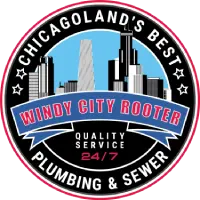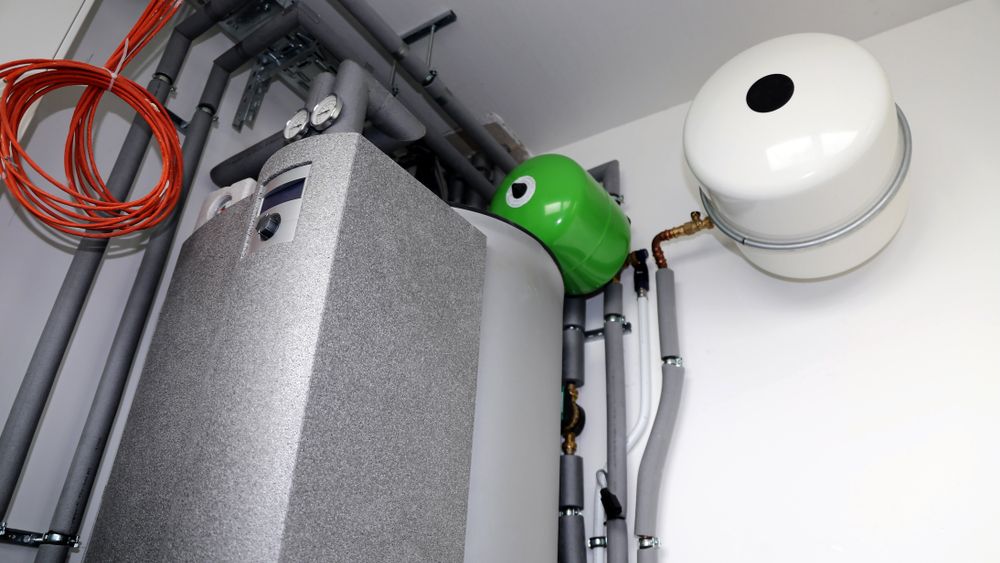Are you in the process of building a new home and are wondering what kind of water heater to get? You have a few different options to consider including tankless water heater, heat pump water heater, or even a solar powered water heater. One more option is a conventional storage tank water heater.
Usually referred to as storage water heaters, this type is the most popular. A storage water heater works exactly how it sounds. A storage water heater consists of a tank that stores heated water. If you aren’t familiar with storage water heaters, here are five things you should know about them.
1. Know How to Choose the Right Size
If you buy a brand new storage water heater, the first thing to determine is what size water heater you need. This is important as you want to make sure you have access to plenty of hot water for showering, washing dishes, laundry, and other chores that require the use of hot water. Storage water heaters come in a variety of sizes.
Smaller storage water heaters have a 30-gallon capacity, while larger ones have an 80-gallon capacity. When it comes to storage water heaters, the biggest factor when it comes to choosing the right size is how many people are in your household. If you have one or two people, a water heater with a 30-gallon capacity should suffice.
If you have five or more people in your household, you will probably need an 80-gallon tank. For households with between 2 and 4 people, you’ll most likely either need a 40 or 50-gallon capacity tank. All of these recommended sizes are for electric storage water heaters.
2. Know How to Properly Maintain Your Water Heater
After you choose the right size storage water heater and get it installed, you’ll need to know how to properly maintain it. The good news is, a storage water heater does not need a lot of maintenance.
If you want to maximize the lifespan of your water heater, here are a couple of things you should do on a regular basis:
- Check the pressure relief valve. If you lift the lever on the pressure relief valve, and it doesn’t release water, you should get it replaced
- Drain the sediments. Draining the water out of the storage tank will remove the sediments that settle at the bottom.
Once you’ve completed both of these tasks, you can restart your water heater. The water heater should be kept at 120 degrees F.
3. Know When Your Water Heater Needs Repairs
Even with proper maintenance, there is a chance something could go wrong with your water heater. Here are some signs to look for that indicate your water heater may be in need of repairs:
- The hot water runs out too quickly
- The water does not come out hot
- You see a puddle of water near your water heater
- You have rust-colored water coming from your faucets
- You hear strange sounds coming from your water heater
Any of these signs could indicate a problem with your storage water heater. This could be something as simple as a heating element going out, or that the water heater is not set at a high enough temperature.
Some of these signs could also indicate hardened sediment at the bottom of the tank, or a leak in the water tank. A professional plumber can inspect your heater and make the necessary repairs.
4. Know the Consequences of a Defective Water Heater
If you notice a problem with your water heater, you should get it looked at right away. If you don’t fix it, there could be dire consequences. If your water heater is defective, it could cause erratic water temperatures. If you’re in the shower, and the water suddenly gets too hot, it can easily scald the skin.
On the other hand, no one likes when warm showers suddenly get freezing cold. If you experience erratic water temperatures on a regular basis, you may need to replace certain parts of your water heater.
Explosions are another potential danger of a defective water heater. If your temperature and pressure relief valve is malfunctioning, it won’t be able to release the pressure inside the tank. For this reason, it’s important to make sure the T&P valve works properly.
Other factors that increase the risk of a water heater explosion include:
- Rusty or corroded water tank parts
- Hardened sediments in the bottom of the tank
- Flammable items nearby
If your water heater was not installed correctly, it could also increase the chances of exploding.
5. Know Who to Call for Water Heater Installation or Repair
Whether you need a brand new storage tank water heater or your water heater is in need of repairs, contact Windy City Rooter. Our expert plumbers also offer emergency on-site repairs for gas and electric water heaters.
If you have plumbing problems, call the experts at Windy City Rooter to schedule your service!

